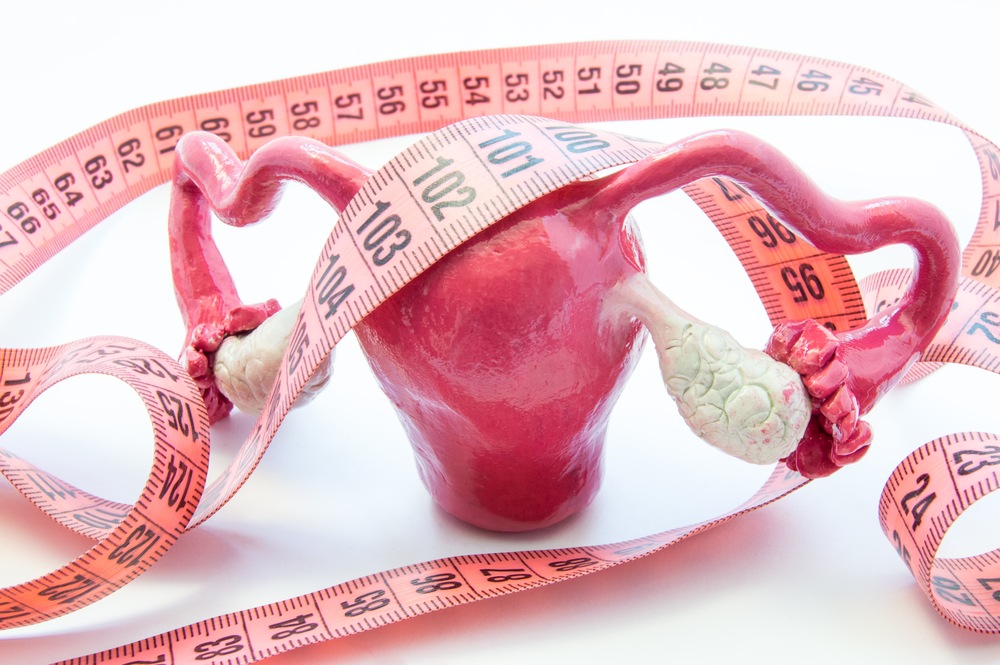
Fertility is a complex process influenced by multiple factors, including hormone levels, egg quality, regularity of the menstrual cycle, and overall reproductive health. Among these, the size of the ovaries often becomes a topic of concern for women trying to conceive. Many wonder whether having smaller or larger ovaries could impact their chances of getting pregnant. While ovary size can sometimes reflect the number of eggs or indicate conditions like PCOS or low ovarian reserve, it is not the only determinant of fertility. A woman can still conceive with ovaries that are slightly smaller or larger than average, provided they are functioning well and ovulation is occurring regularly. Understanding the role of ovary size in relation to other fertility factors can help reduce anxiety and offer a clearer picture of reproductive health. In this article, we’ll explore how important ovary size really is and what other factors you should consider on your journey to pregnancy.
What Do the Ovaries Do?
The ovaries are a pair of small, almond-shaped organs located on each side of the uterus. They play two vital roles in a woman’s reproductive system:
- Egg Production (Ovulation): Every month, the ovaries release one mature egg, which travels through the fallopian tube to potentially meet sperm for fertilization.
- Hormone Secretion: The ovaries produce important reproductive hormones, including estrogen and progesterone, which regulate the menstrual cycle and support pregnancy.
What Is the Normal Size of an Ovary?
The size of a woman’s ovaries can vary depending on several factors such as age, menstrual phase, and overall hormonal health. However, a normal ovary generally measures:
- Length: 2.5 to 5 cm
- Width: 1.5 to 3 cm
- Thickness: 0.6 to 2.2 cm
- Volume: 3–10 cubic centimeters (cc)
Young women typically have larger ovaries due to a higher number of follicles (immature eggs). As women age, the number of follicles and overall ovarian volume tend to decline naturally.
Does Ovary Size Affect Your Ability to Get Pregnant?
The answer is yes and no. Ovary size can be an indicator of reproductive health in some cases, but it’s not the only or most important factor.
✅ When Ovary Size May Impact Fertility
- Enlarged Ovaries:
- This is often seen in conditions like Polycystic Ovary Syndrome (PCOS). In PCOS, ovaries become enlarged due to the presence of multiple small cysts.
- Women with PCOS may still have a good number of eggs but often experience irregular ovulation, which makes conception more difficult.
- This is often seen in conditions like Polycystic Ovary Syndrome (PCOS). In PCOS, ovaries become enlarged due to the presence of multiple small cysts.
- Small Ovaries:
- Small ovaries may indicate low ovarian reserve—meaning fewer eggs are left in the ovaries.
- This could be due to age, premature ovarian insufficiency (POI), or genetic conditions.
- A smaller ovary with minimal follicular activity may make natural conception more difficult.
- Small ovaries may indicate low ovarian reserve—meaning fewer eggs are left in the ovaries.
- Shrunken or Non-Functional Ovaries:
- In some cases (due to menopause, surgery, or autoimmune disorders), the ovaries may stop functioning or shrink significantly. This would reduce the chances of natural conception.
❌ When Ovary Size Doesn’t Matter Much
- If a woman has ovaries within the normal size range and ovulates regularly, then size alone is not a concern.
- Many women with only one ovary (due to surgical removal) or smaller ovaries can still conceive if ovulation is occurring and the egg quality is good.
Other Factors That Influence Fertility
Instead of focusing solely on ovary size, it’s more practical to look at the complete reproductive picture. Some key factors that play a crucial role in conception include:
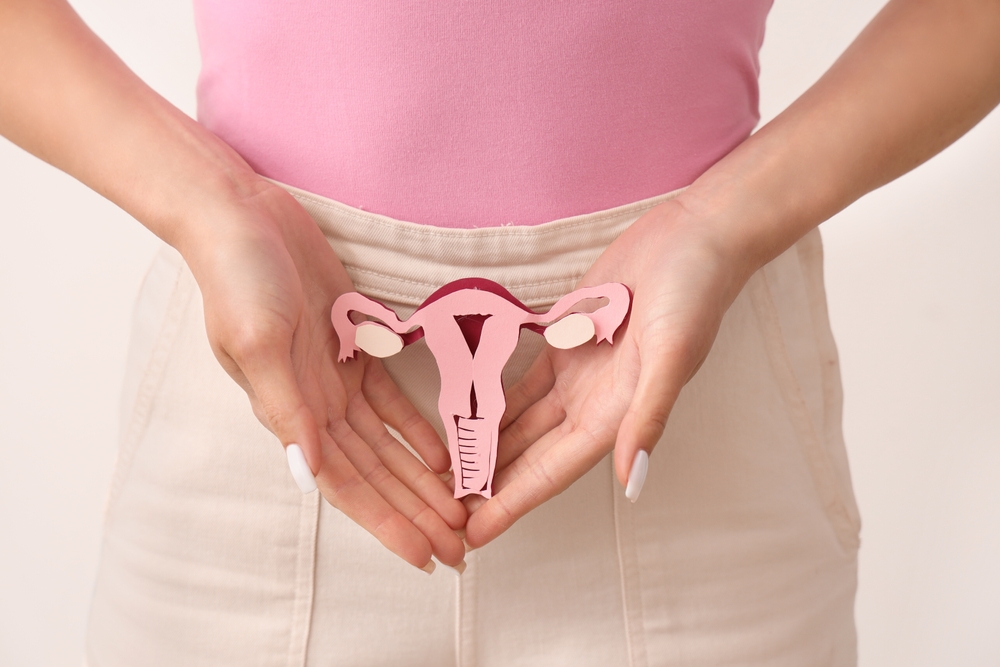
Ovulation
Regular release of eggs is essential for natural conception.
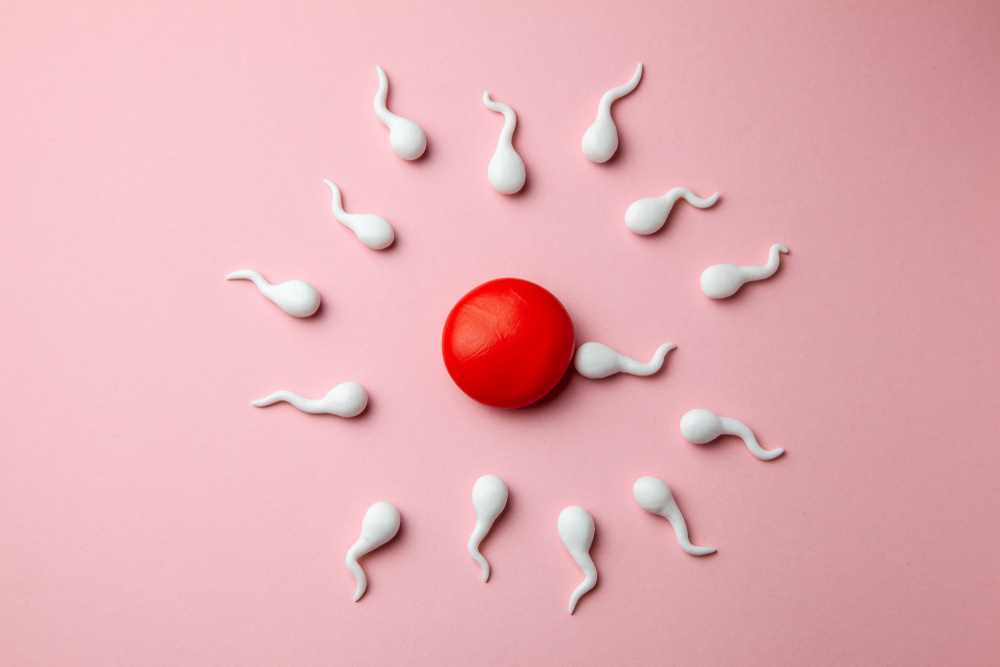
Egg Quality
High-quality eggs are more likely to lead to a successful pregnancy.

Hormonal Balance
Proper levels of FSH, LH, estrogen, and progesterone are vital.

Fallopian Tube Health
Blocked or damaged tubes can prevent fertilization.

Uterine Health
A healthy uterine lining is needed for implantation.

Age
Fertility naturally declines after age 35 due to reduced egg quality and reserve.
How Is Ovary Size Evaluated?
Doctors typically assess ovary size and function using the following tools:
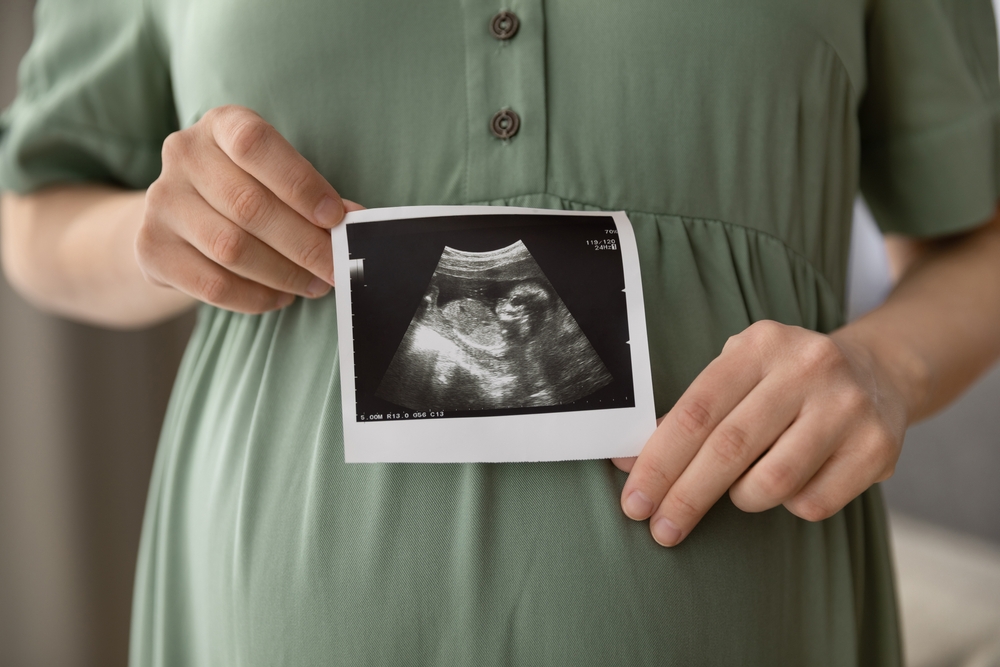
Ultrasound Examination
- Transvaginal ultrasound can determine the size, volume, and structure of the ovaries.
- It can also detect abnormalities like cysts or signs of PCOS.
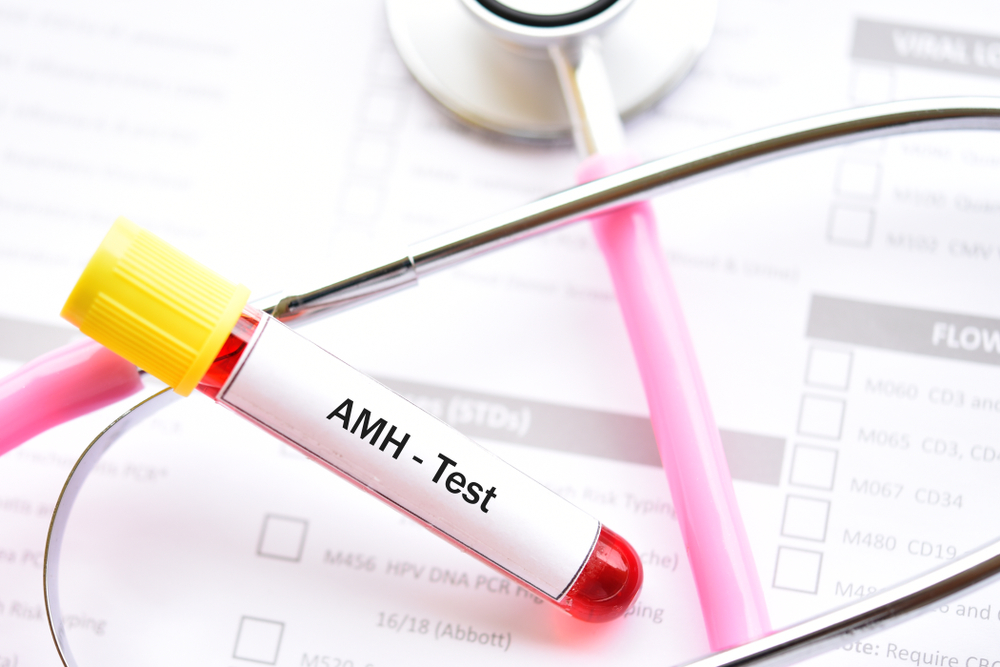
Hormonal Blood Tests
- AMH (Anti-Müllerian Hormone): This test is one of the most reliable markers for ovarian reserve.
- FSH (Follicle-Stimulating Hormone): High levels may indicate poor ovarian function.

Antral Follicle Count (AFC)
- This count measures the number of small follicles in the ovaries via ultrasound.
- A higher count typically indicates better fertility potential.
Can You Improve Ovarian Health?
While you can’t drastically change the size of your ovaries, you can support their health and functionality through lifestyle and medical interventions:
✅ Healthy Diet
- Consume foods rich in antioxidants, vitamins, and omega-3 fatty acids.
- Include leafy greens, fruits, whole grains, and lean protein.
🧘♀️ Manage Stress
- High stress levels can affect ovulation.
- Practice yoga, meditation, or any activity that relaxes you.
⚖️ Maintain a Healthy Weight
- Both underweight and overweight women can face ovulation problems.
- Aim for a balanced BMI for optimal reproductive health.
🚭 Avoid Smoking and Alcohol
- These habits negatively impact egg quality and hormone levels.
💊 Fertility Supplements
- Supplements like folic acid, vitamin D, Coenzyme Q10, and myo-inositol (especially in PCOS) may help.
When Should You See a Fertility Specialist?
If you’ve been trying to conceive without success, consider seeing a fertility expert if:
- You’re under 35 and have been trying for over 12 months
- You’re over 35 and have been trying for over 6 months
- Your periods are irregular or absent
- You have a known reproductive disorder (like PCOS or endometriosis)
- You’ve had pelvic surgery or a history of ovarian cysts
Conclusion
To sum it up, ovary size can give some clues about fertility, especially in cases of PCOS or low ovarian reserve, but it is not the only factor. Regular ovulation, egg quality, hormonal balance, and overall reproductive health are far more critical for conception.
If you’re trying to get pregnant and have concerns about your ovarian health, don’t hesitate to speak with a gynecologist or fertility expert. They can provide the right assessments and guide you on your fertility journey with accurate information and the right treatment plan.